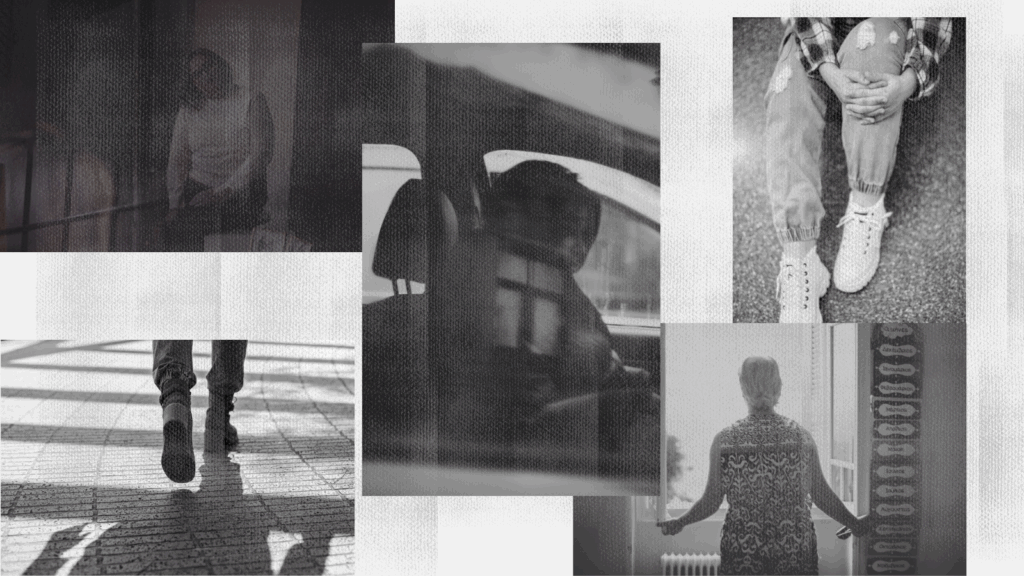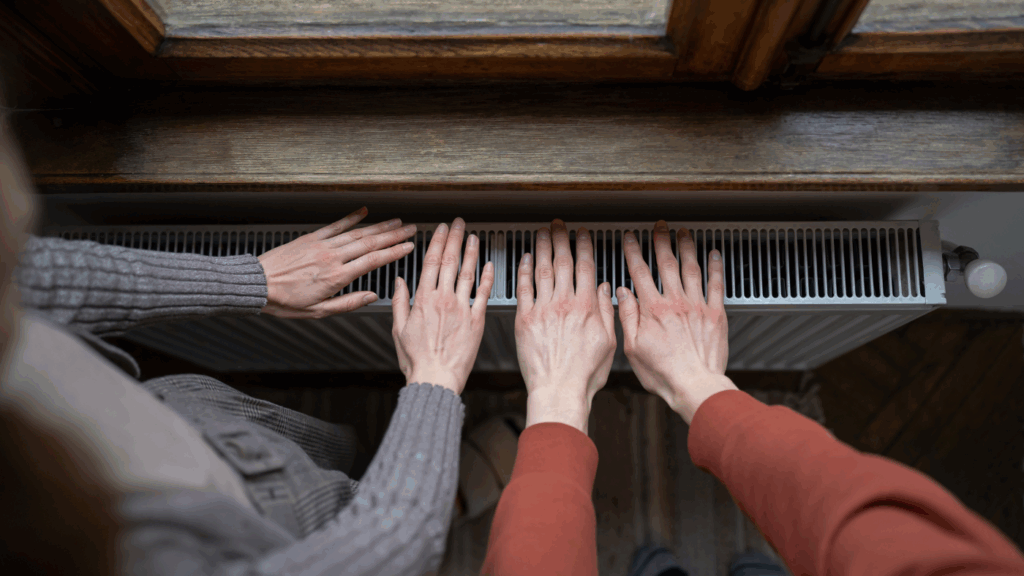Eurodiaconia is standing with the Roma community against their enduring challenges today and everyday.
Today, on International Romani Day, Eurodiaconia membership stands not only to celebrate Roma culture, language, and history, but also to reflect together on the enduring challenges that the Roma community faces in Europe.
Among these challenges are systemic anti-gypsyism, inadequate or complete lack of access to essential services, high rates of unemployment, substandard housing conditions, spatial and educational segregation all forming a complex web of obstacles that hinders the full participation of Roma in society. As we commemorate this day, we highlight Eurodiaconia members work for and with Roma who fall through the gaps of traditional social services, and their commitment to advance on the rights and inclusion of Roma.
Less than half of Roma children participation in early childhood education and care (44%), and only a quarter of those aged 20-24 have completed upper secondary education (27%)[1]
Our members work towards breaking the educational gap and ensure the access to inclusive education since early life stages. Initiatives like TOY for Inclusion (Leger des Heils, The Salvation Army in the Netherlands) are innovative best practice examples to increase the access to formal education of Roma children in Croatia, Hungary, Italy, Latvia, the Netherlands, Slovakia, Slovenia and Turkey. They created inclusive, intergenerational and community based PlayHubs to play and learn. This pan-European project promotes collaboration between ECEC services, social health providers, and Roma families, building up trust between educational institutions and Roma families to facilitate the transition of Roma children into mainstream primary schools.
56% of young Roma are neither in employment, education or training, compared to the 11% of the EU’s general population
In Finland, the Deaconess Foundation assists Roma youth and mobile Roma who have migrated to Finland to advance on their social participation and inclusion in the labour market. When accessing the labour market, Roma face significant barriers, such as lack of education and skills, high risks of labour exploitation and informal employment, indebtedness, or lack of structural support and active inclusion services.[2] These obstacles are reinforced structural anti-gypsyism and discrimination in the access to employment. As a key action on their labour integration services (employment counselling, language skills, networking, etc.), our member acts as an intercultural intermediary between companies and potential Roma employees, advocating for their potential, skills, and labour rights. Additionally, the Deaconess Foundation is involved in the Labour Pool Initiative, a social enterprise aimed at creating job opportunities for migrant Roma.
52% of Roma live in situation of housing deprivation, whereas 82% live in overcrowded households in the EU[3]
The Ecumenical Humanitarian Organisation, in partnership with HEKS/EPER has been implementing the Dweller Driven Settlement Upgrading Model (DDM) in Serbia for 15 years. The DDM is a human rights based and participation house upgrading, sanitation and legalization model to address energy poverty and substandard living conditions in settlements. Our members subsidise building materials, supervise the upgrading work, and facilitate and follow-up relocations. Likewise, they assist on the legalisation of the houses and the connection to public infrastructure. The key component is the active participation and increased ownership of the Roma community.
EU Mobile Roma citizens live a perpetual state of precarious inclusion, often invisible to national and EU policies
The invisibility of EU mobile citizens has created a deficiency of information, services, and policies that has been filled by a patchwork of services provided by NGOs. Our member, the Stockholm City Mission actively works with and provide social services and advice to mobile EU citizens in vulnerability or homelessness situation in Stockholm, from which a high percentage are of Roma origin. They provide language and skills training for employability, run social enterprises, address legal issues related to accessing the labor market and cases of exploitation, as well as supporting permanent and temporary night shelters. Likewise, in Malmö, Skåne Stadmission is one of the largest service providers for EU mobile Roma, and have been contracted by the municipality to provide these services.
Mobilising for Equality and Inclusion in the European Elections
The upcoming European elections present a chance not only to enhance the socio-economic conditions of many Roma across Europe, but also to foster equality, inclusion and raise our voices against anti-gypsyism. Despite the progress within the EU policy framework, and the commitment of Member States to develop integrated policy measures through the NRSFs, many of them lack cohesive monitoring and disaggregated data collection structures. As our members point out, this hinders the determination of the real impact that these programmes and funding have at a local and national level. We call for the effective implementation and assessment of these frameworks beyond paper, ensuring a meaningful participation of Roma in these processes.
Additional reading: Previous Eurodiaconia publications on Roma
Eurodiaconia’s assessment of the National Roma Strategic Frameworks
Position Paper: Education and skills across the life cycle for Roma Inclusion
Addressing barriers for Roma to access employment
Policy Paper: Destitute EU Mobile Citizens
Eurodiaconia Updated Guidelines on Roma Participation
Citations
[1] https://fra.europa.eu/sites/default/files/fra_uploads/fra-2022-roma-survey-2021-main-results2_en.pdf
[2] https://www.eurodiaconia.org/wordpress/wp-content/uploads/2022/11/Addressing-Barriers-for-Roma-to-Access-Employment-version-5-1.pdf
[3] Housing deprivation, as described by the FRA, is determined by the following dimensions: accommodation is too dark, has problems with humidity, has no bathroom inside the dwelling or no indoor toilet. Ibid.



